The Importance of Patience in Dog Training: The Most Important Technique
When it comes to dog training, patience is the most essential tool. While there are various techniques like positive reinforcement and clicker training, patience is the foundation of all successful training sessions.
Why Patience Matters
Dogs learn at their own pace, and training requires time and repetition. Rushing through the process can lead to frustration, for both you and your dog. Here's why patience is crucial:
Dogs Learn at Their Own Pace
Every dog is different and learns in their own time. Some dogs may need more repetition to understand a behavior, and rushing them can cause confusion.Building Trust
Patience fosters trust between you and your dog, creating a stronger bond and encouraging them to follow your guidance.Positive Reinforcement Takes Time
Rewarding good behavior is a process. Patience allows your dog to make the connection between the action and the reward.Minimizing Frustration
Staying patient helps you avoid frustration, which can negatively affect your dog’s behavior. A calm and consistent approach leads to better results.Consistency is Key
Training requires small, consistent steps. Patience ensures long-term progress rather than trying to rush the process.
Cultivating Patience in Training
Set Realistic Goals
Understand that training takes time. Set achievable expectations for each session.Break Down Tasks
If your dog is struggling, break tasks into smaller steps for easier learning.Stay Calm and Positive
Your dog picks up on your emotions. Remaining calm and positive helps your dog stay focused.Take Breaks
If training gets frustrating, take a break to reset and avoid overwhelm.Celebrate Progress
Acknowledge even the smallest progress to keep both you and your dog motivated.
Final Thoughts
Training is a journey, not a race. By staying patient, you build a strong bond with your dog and ensure long-term success. So, remember to take a deep breath, stay patient, and enjoy the rewarding process of training your dog!
